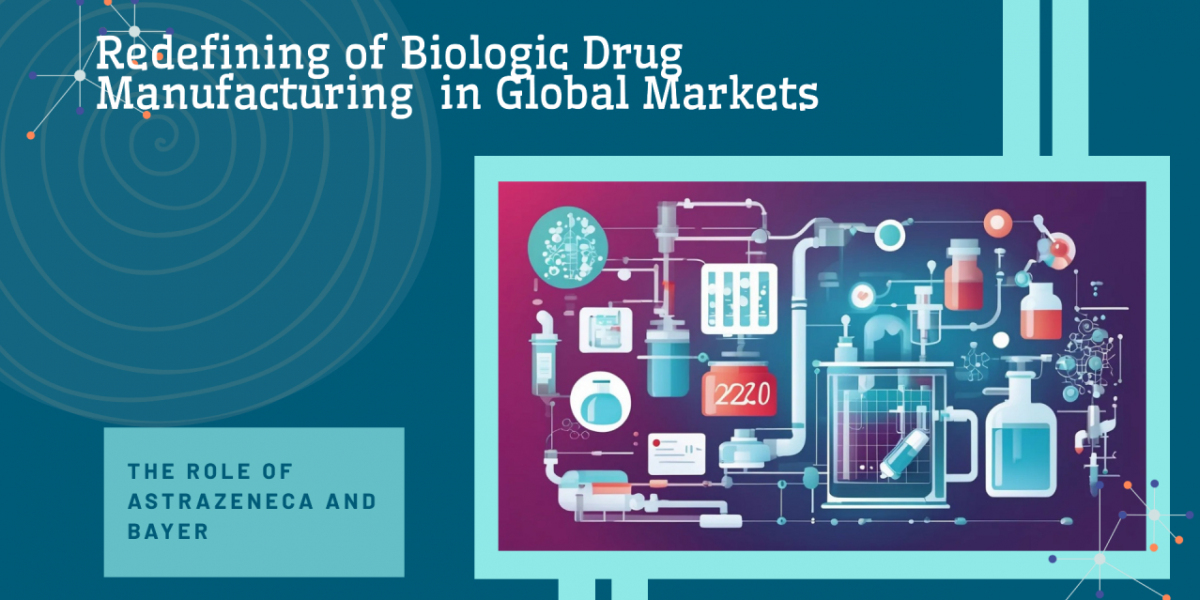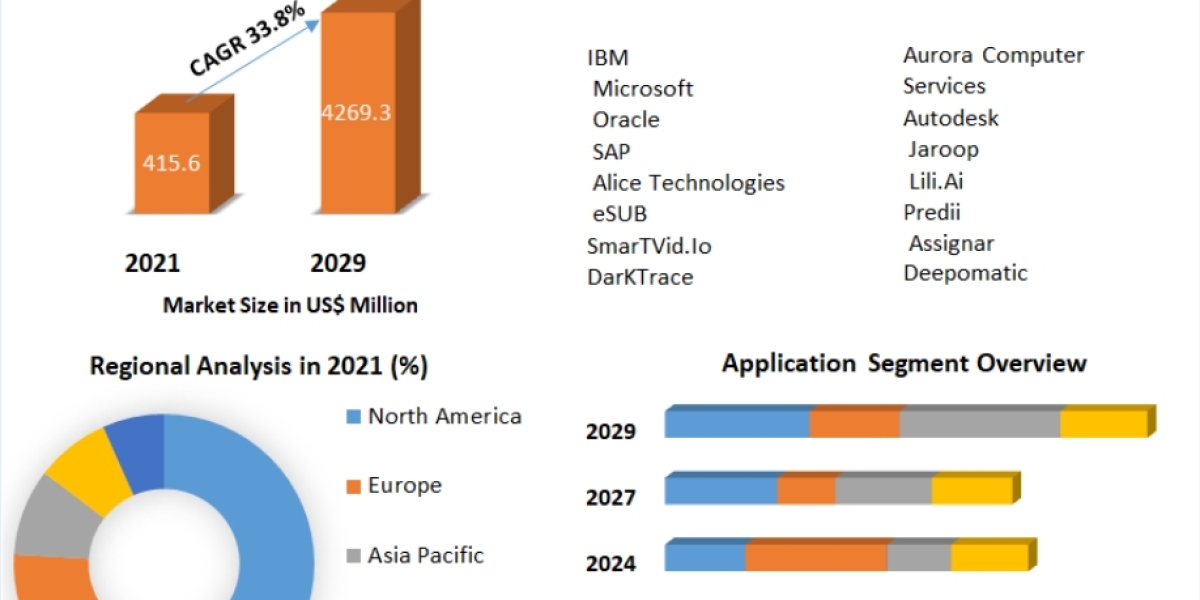- What Are the Latest Biologic Therapies for Autoimmune Diseases?
Biologics have revolutionized the treatment of autoimmune diseases, providing targeted therapies that modulate the immune system to alleviate conditions such as rheumatoid arthritis, psoriasis, and Crohn’s disease.
Over the past few years, there have been numerous advancements, with companies like AbbVie Inc., Pfizer Inc., and Amgen at the forefront of these innovations.
- AbbVie Inc. continues to lead with its blockbuster drug Humira (adalimumab). The company has introduced new biologic formulations such as Rinvoq (upadacitinib), a JAK inhibitor, and Skyrizi (risankizumab), an IL-23 inhibitor, both showing promise in treating psoriasis and rheumatoid arthritis.
- Pfizer Inc. has also expanded its biologics portfolio with the recent approval of Cibinqo (abrocitinib), designed to treat atopic dermatitis, and Xeljanz (tofacitinib), which targets rheumatoid arthritis by inhibiting the JAK pathway.
- Amgen has introduced Amgevita, a biosimilar to Humira, and Otezla (apremilast), an oral therapy that has been effective in treating moderate-to-severe psoriasis and psoriatic arthritis.
Overall, new biologics for autoimmune diseases are increasingly focusing on specific interleukins (IL-12, IL-23, IL-17) and novel small molecules that modulate the JAK-STAT pathway, enhancing both efficacy and patient safety.
- How Do Biosimilars Compare to Biologics in Terms of Cost and Efficacy?
With biologics often being prohibitively expensive, biosimilars—cost-effective versions of biologic drugs—are gaining traction.
Companies such as Celltrion Inc., Samsung Biologics, and Sandoz (Novartis AG) have made significant strides in the development and commercialization of biosimilars, driving down treatment costs while maintaining efficacy.
- Celltrion Inc. has introduced several biosimilars, including Remsima (infliximab), a biosimilar of Remicade, and Herzuma (trastuzumab), a biosimilar of Herceptin. These drugs offer comparable clinical outcomes at reduced prices, making them accessible to a broader patient population.
- Samsung Biologics has positioned itself as a leader in large-scale biosimilar production, partnering with global firms to manufacture biosimilars like Ontruzant (trastuzumab) and Renflexis (infliximab).
- Novartis AG, through its Sandoz division, offers biosimilars such as Zarxio (filgrastim) and Erelzi (etanercept), which have become critical components in reducing healthcare costs globally.
Despite initial skepticism regarding efficacy, clinical data has shown that biosimilars perform equivalently to their reference biologics in terms of safety and therapeutic outcomes. The lower costs of biosimilars have resulted in broader access to treatment, particularly in regions with limited healthcare budgets.
- What Are the Main Challenges in Biologic Drug Manufacturing?
Biologic drug manufacturing presents unique challenges due to the complexity of these molecules, stringent regulatory requirements, and the need for specialized infrastructure. Companies like Roche, Sanofi, and Eli Lilly have been investing heavily in technology and innovation to overcome these hurdles.
- Roche is leveraging continuous manufacturing and advanced cell line development technologies to streamline production. Their introduction of single-use bioreactors has reduced cross-contamination risks and increased production flexibility.
- Sanofi has focused on next-generation biomanufacturing strategies, incorporating automation and AI-driven analytics to optimize yield and minimize human errors in the production process.
- Eli Lilly is using cutting-edge technologies like 3D bioprinting and integrated data analytics to refine the production of monoclonal antibodies. The company’s collaboration with academia and tech firms aims to establish a robust framework for producing more complex biologics.
Another challenge is scalability, as biologics require precise control over production conditions to ensure consistency. Any variation can lead to product failure, making the adoption of real-time monitoring systems critical for maintaining product quality and compliance with global regulatory standards.
- What Are the New Regulatory Guidelines for Biologic Drugs in 2024?
The regulatory landscape for biologic drugs continues to evolve, with updated guidelines from the FDA, EMA, and other global authorities emphasizing the need for rigorous clinical trials, post-market surveillance, and manufacturing standards.
- The FDA has introduced new guidance on interchangeability for biosimilars, which outlines the criteria for a biosimilar to be considered interchangeable with its reference biologic. This is a significant step, as interchangeable biosimilars can be substituted at the pharmacy level without the intervention of a prescribing healthcare provider.
- The EMA has revised its guidelines for the approval of advanced therapy medicinal products (ATMPs), which include gene and cell therapies. The focus is on ensuring robust preclinical and clinical data to support the long-term safety and efficacy of these therapies.
- ICH Q12 Guidelines, adopted globally, provide a framework for managing post-approval changes to biologic manufacturing processes, ensuring that product quality is maintained without requiring extensive regulatory review.
Top companies like AstraZeneca, Bayer AG, and GlaxoSmithKline are adapting to these changes by enhancing their regulatory compliance capabilities and collaborating with regulatory bodies to navigate complex approval pathways.
These guidelines will impact not only the approval timelines but also post-market surveillance and pharmacovigilance, ensuring that patients have access to safe and effective biologic therapies.
Emerging Technologies and Innovations by Key Companies
- AbbVie Inc. and Pfizer Inc. are focusing on CRISPR-Cas9 and gene editing technologies for precision medicine, targeting rare genetic disorders.
- Novartis AG is exploring CAR-T cell therapies and other personalized medicine approaches, especially for oncology indications.
- Amgen has adopted machine learning algorithms to streamline its biologic production processes and accelerate drug discovery.
- Sanofi and Eli Lilly are pioneering the use of digital twins—virtual replicas of manufacturing processes—to predict outcomes and optimize production.
- Samsung Biologics is investing in AI-driven predictive modeling to enhance product quality and reduce production time.
These innovations not only increase the efficiency of biologic drug development but also hold the promise of delivering highly targeted therapies, significantly impacting patient outcomes and reducing overall healthcare costs.
For more information visit at MarketResearchFuture
Other Trending Reports
Disposable Medical Device Sensors Market
Endoscopic Vessel Harvesting Systems Market









